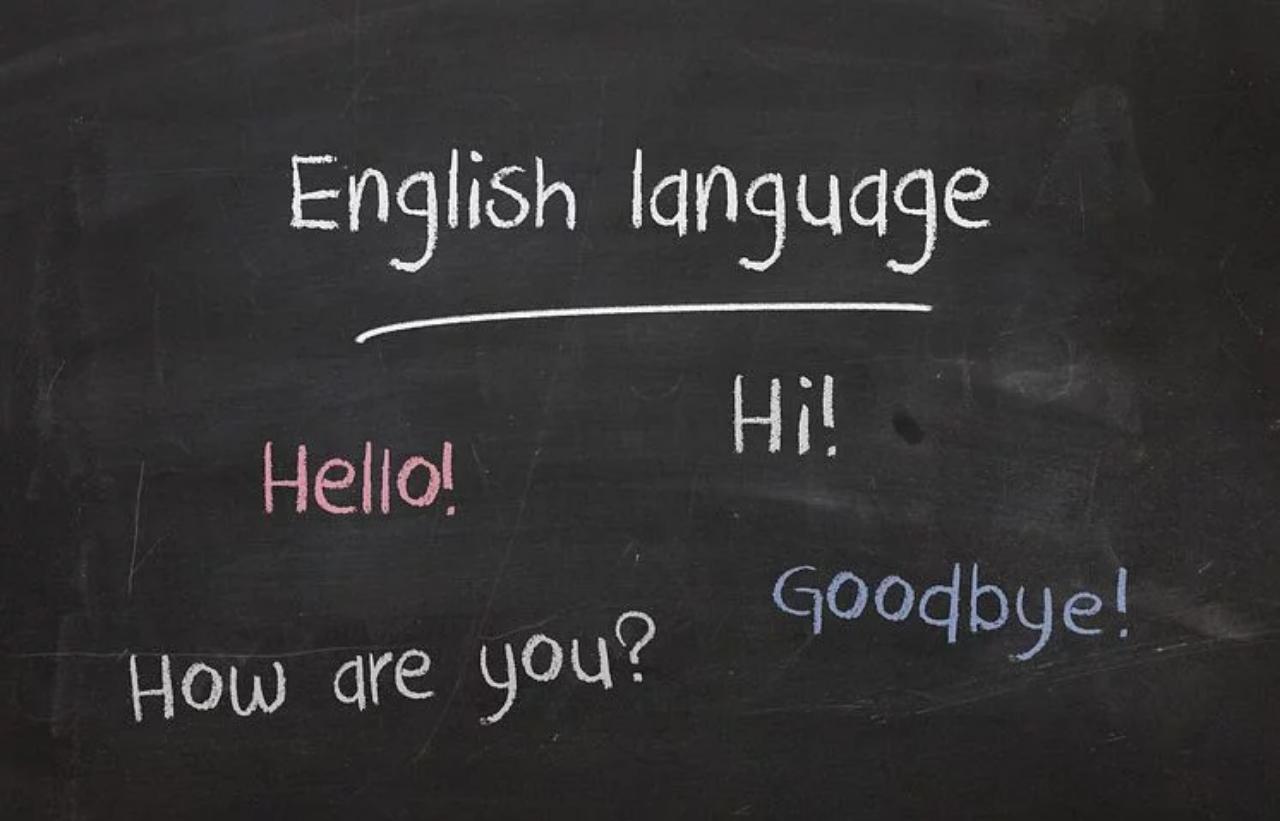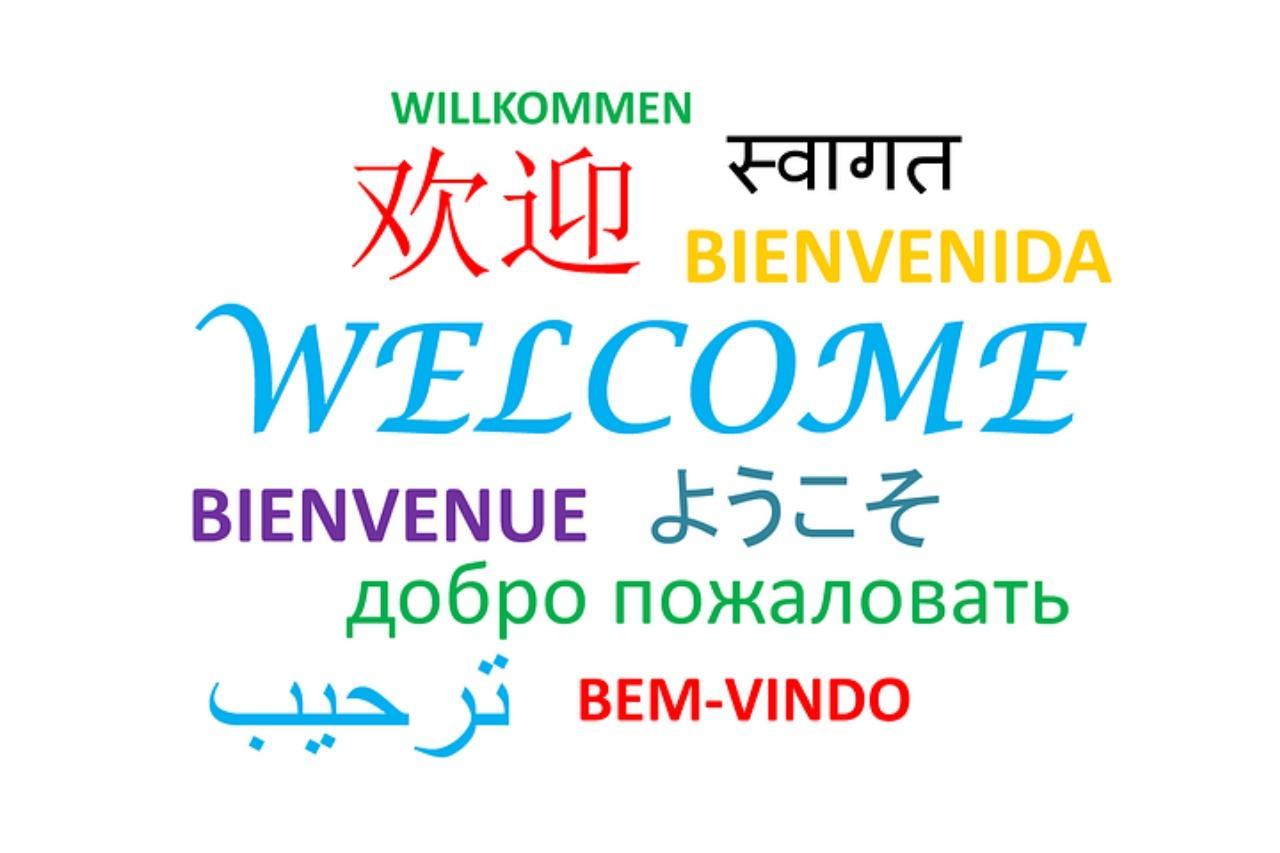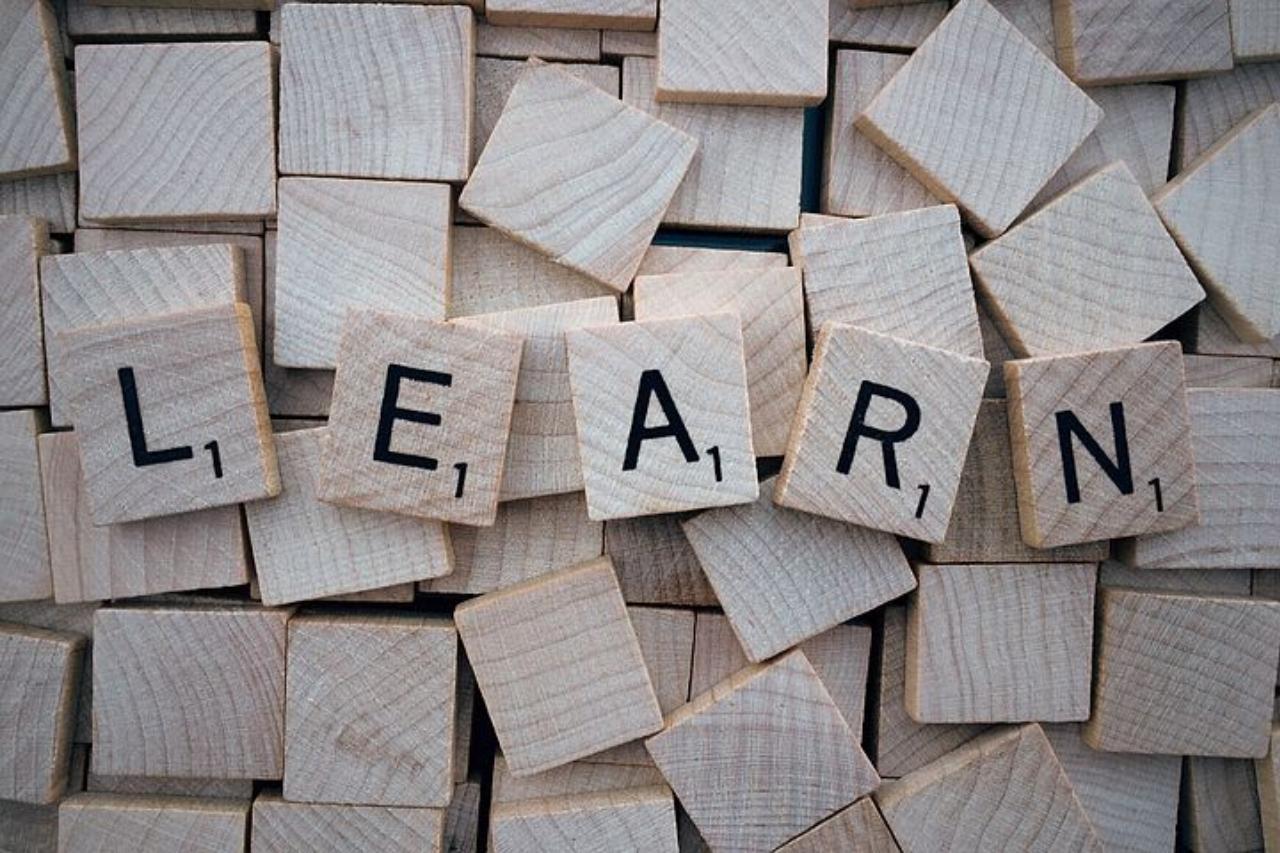What is The Importance of Language? People and Culture

The Importance of Language is one phenomenon that is vital to human existence. Asides the fact that we breathe in air which is like the fuel we run by, language, on the other hand, is like the engine with which we run our daily operations. Try to imagine something you can do without the aid of language. Absolutely nothing!

What is Language?
Many linguists such as the likes of Leonard Bloomfield, Edward Sapir, Noam Chomsky, and others have opted to define language from different points of view. Basically, language is a tool for communication used by humans.

Did You Know?
A person who studies language is called a Linguist. Yup! People actually go to school to study the language you speak and this pretty much makes it important. Here are 16 reasons why language is important.
13 Importance of Language in Our Life
Many may not attest to the fact that language is indeed life because of the various ideologies there is as to what is equated to life itself. The point of view with which we equate language to life is that humans live by language. Every other importance of language is subsumed into this fact.
From the time we wake up in the morning, there is language formulating our thoughts to alert us we are awake. What day it is, the food we eat, the names of our family members, set of instructions, our beliefs, etc. are all coined with language. Language lives as its speakers do and it dies when they do. If that isn’t life, then I wonder what it is.

1. Language is Dynamic
One of the characteristics of language is its dynamic nature. It is flexible and changes over time. It is relative to its speakers and yet has a universal trait amongst the different languages.
2. The Importance of Language and Identity
Ever wondered why you can easily tell a person’s nationality just from the way they speak? This is because you must have been exposed to the rules of their language unconsciously and you can point it out when you hear something similar to it.
Language and one’s identity are interwoven such that you speak the language spoken in your environment/nationality. This is so except your country is multilingual. Such that a man from France speaks French and a man from Europe speaks English.
3. Language Liberates
Asides the fact that there is something known as language rights, liberation in its totality is stored in language. You want to be free, you have to speak and think using language, information that liberates is usually stored in a book using language. Thus, you need language to be free. Free to express your thoughts encoded with language.
4. The Importance of Language as a Symbolic System
Just like we have pointed out, language is used to encode thoughts which later translates into ideas and later on speech. This is a very complex process, alas, language itself is complex. Whatever thoughts, ideas, the knowledge you think you have or understand has been encoded in a language.
5. Language Brings About Unity
Like every other tool or medium of peace and unity, if used appropriately, language can foster unity. Looking back at the story of the tower of Babel in the Bible, the people built a tower that almost reached the Heavens until God caused them to speak in different tongues. When that happened, there was disunity.
People are prone to be hostile or cautious when they meet people from other language speaking communities. The notion is that they are different from one another. But when common ground is found i.e. via translation or creation of a new language like the case of the Nigerian Pidgin, the people are bound to unite.

6. The Importance of Language and Communication
Language helps in communication. True, it is the only thing we communicate with as humans. Even the sign language and other non-linguistic means of communication are surely processed in the brain using some code which is language. So, if you have an idea you wish to communicate, then, the right language helps ease your communication.
7. The Importance of Language and Culture
Over time, language, culture, and ethnicity have been mistaken for one another. The truth is they are all interwoven. Franz Boaz stated that language and culture have an intricate relationship such that they cannot be separated from each other. This brings us to the Sapir-Whorf hypothesis which states the worldview of native speakers influences their language use and vice versa.
The idea is that language is not just a factor of culture but they interact on a higher level. They influence each other.
8. We Think With Language
Yup, language speakers think in a code- language. Try thinking about something other than language. Language is what controls our think-box.
9. We Perform Actions with Language
Austin and Searle’s SPEECH ACT THEORY shows how we do not just say things but perform actions while we are at it. Hence, when someone declares, proposes, defends or does anything with language, the person is actually carrying out an act.
10. Language Can Be Used Irresponsibly
Because language plays such a powerful role in our lives, helping us connect, express, and influence, it can also be misused. The misuse or abuse of language can lead to misunderstanding, manipulation, or even conflict. Therefore, it is important to use language wisely and ethically, understanding its impact on others.

11. Language is a Medium of Expression
Whatever emotions we wish to express our medium is language. The babbling, tantrums, the jolly feelings are best expressed when you find the perfect words to describe them.
12. Language is a Human Trait
What makes us different from Chimpanzees or any other animal for that matter is LANGUAGE. Our ability to make use of language is what differentiates our type of communication from theirs. It is a human trait.
13. Language is Part of Society
Language and society are two sides of a coin. Just like the relationship language has with culture, its relationship with society is also an intricate one. Society functions as a means of language use. Acts such as socialization, law and order, communication, etc. are aided using language.

Did You Know?
You can tell where a person is from through the language they speak and this is usually evident in their ACCENT.

What Happens When Language is Abused?
When language is abused, there can be bad consequences. These consequences affect communication between humans and this leads to societal problems. In one branch of Linguistics known as Applied Linguistics, we are exposed to how language is used to solve real-life problems.

What is The Language Problem?
The language problem is such that native speakers of languages give preference to their languages over others. All languages are equal regardless of the speaker’s demography or language structure. As such, all languages should be given equal respect and preference.
Why Should You be Interested in Language Study?
You ought to be interested in language study. This is so important because you need to understand the structure of the language you speak as well as that of other languages in order for you to communicate easily.
How Many Languages Can One Speak?
Well, if you are up to it, you can speak as many languages as you are willing to learn. Although there is a critical age for language learning, such that it doesn’t become easy to acquire a language the way we acquired our mother tongue.
Did You Know?
A person who speaks more than one language is called a POLYGLOT. Mother tongue is the first language a person acquires and this is usually the mother’s language.

Can You Speak Your Mother Tongue?
This is one important question you need to ask yourself. Remember when we spoke about language death? If you do not know how to speak your mother tongue, you would not be able to transfer the knowledge of the language to others and most especially your children. This leaves a long trail of non-native speakers of the language and avoidably language death. Remember language requires speakers to thrive.
Did You Know?
Languages die every day. This means that every day, a language goes into extinction whether by language death or language shift.

22 Fun Facts You Need To Know About Language
- According to Ethnologue, the number of languages spoken in the world is always in flux but there is a record of 7117 languages spoken today in the world.
- Languages have dialects that are regional or social.
- There has always been the notion of mother tongue but linguists are beginning to clamor for father tongue.
- There is a thing known as language rights.
- Languages change and are always in contact.
- Vocabulary is different from Lexicon.
- You may have a word in your lexicon which is not part of your vocabulary.
- Children have a device in their brains which aid them to acquire language
- The device in the brain of children that enables them to acquire language is known as the language learning device (LAD).
- Language is context-sensitive.
- Language can be used creatively.
- New words are created by native speakers every day.
- Language is dynamic.
- We have language families just like human families where we have mother languages, sister and daughter languages.
- There is a critical age for language acquisition.
- There is something known as a language mix.
- Language is a code.
- Language is encoded and decoded by speakers and hearers.
- Language is economic.
- Native speakers often code mix or code-switch.
- Native speakers can have either a positive or negative attitude toward language.
- International mother language day is celebrated on the 21st of February annually.

Language is important to humans. It is their most valuable tool and until they maximize it they might know its full potential.
All images are sponsored by Pixabay, free for commercial use and no attribution required
Train is a female editor and writer at Afrolady International concepts. With knowledge of Linguistics and a love for languages, She objectively edits and writes contents in order to preserve cultural backgrounds, heritage, worldviews and mother tongues. She is bold and unique.

